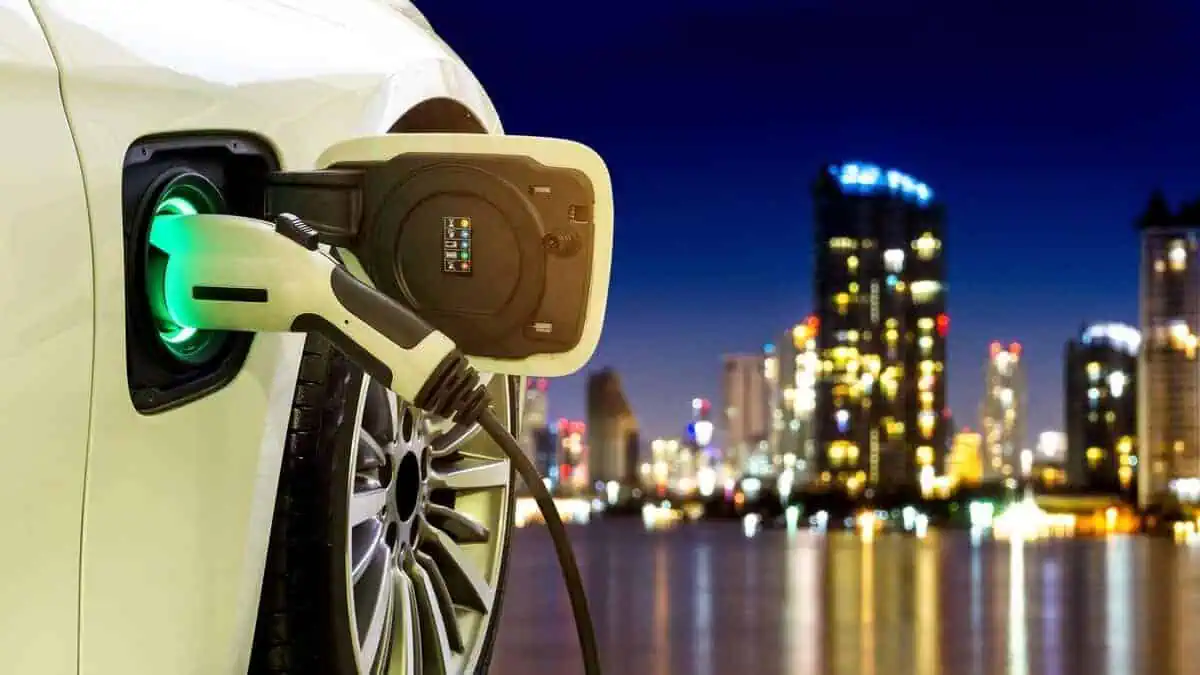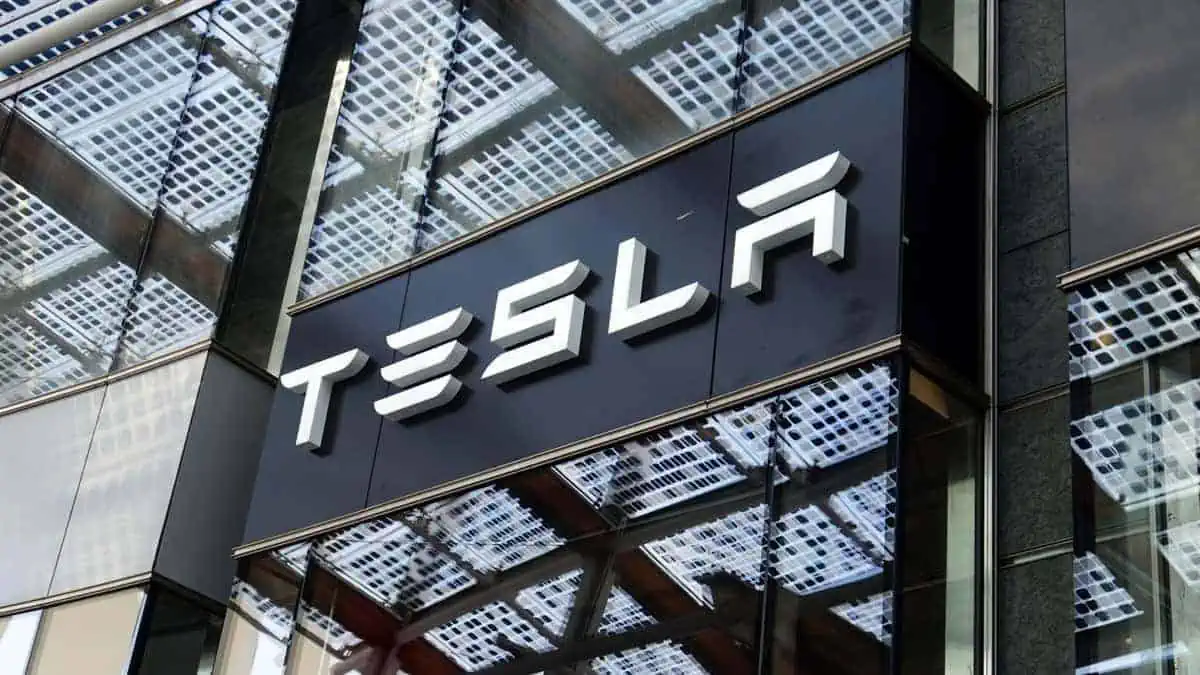Biden-Harris Administration is weighing the possibility of delaying the stringent vehicle emissions rules it announced in 2023 to offer automakers sufficient time to boost their electric vehicle production and sales, Reuters reports, citing two sources familiar with the matter.
Original proposal
The US originally proposed more stringent tailpipe emissions laws due to take effect in 2027. It primarily aims to promote the shift to electric vehicles to hit a 56% reduction in new vehicle emissions by 2032.
Automakers must have zero-emission vehicles (ZEVs) to account for 60% of their overall vehicle sales by 2030. The rate would further increase to 67% by 2032. For context, ZEVs include battery-electric (BEVs), plug-in hybrid electric (PHEVs), and hybrid fuel-cell vehicles (FCEVs).
The White House expected these rules to boost the electric vehicle uptake in the country, potentially aiding its goals to achieve carbon neutrality. In 2023, BEVs’ sales surged 50% year-on-year to about 1.12 million units. However, it only accounted for a mere 7.2% of the country’s total new vehicle sales.
Plan changes
According to the report, Several top US government officials had a meeting with major players and industry groups, which prompted them to develop less ambitious targets compared to those proposed by the Environmental Protection Agency (EPA) in April 2023.
The SEC apparently removed a regulation that mandates US-listed companies to report Scope 3 emissions, which refers to greenhouse gases like carbon dioxide. It covers the company’s supply chain and the product consumption of its customers.
“Under the revised final regulation expected to be made public as soon as next month, the EPA will slow the pace of its proposed yearly emissions requirements through 2030. The new pace is expected to result in EVs accounting for less than 60% of total vehicles produced by 2030, the sources said.”
Reuters
The revised regulation will delay the timeline of EPA’s proposed annual vehicle emissions requirements through 2030. As mentioned, the new pace is now expected to drop electric vehicles’ share rate to less than 60%.
The changes may be a huge win for automakers failing to produce more electric vehicles in the US, but it may also be a significant blow to the Biden Administration’s electric vehicle targets.






